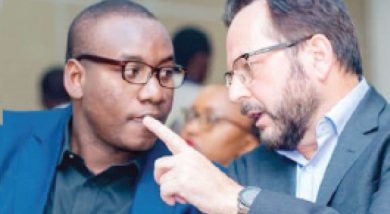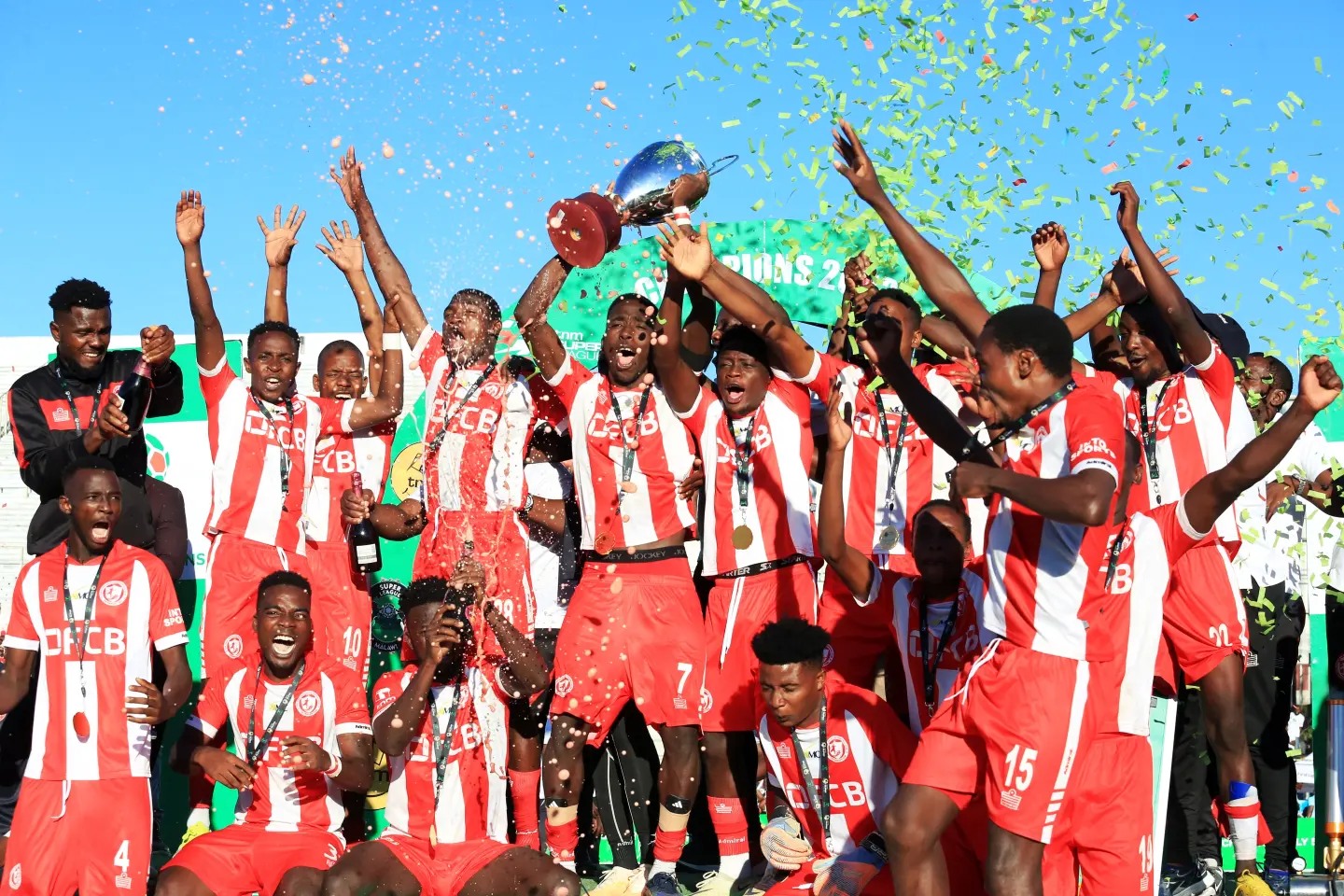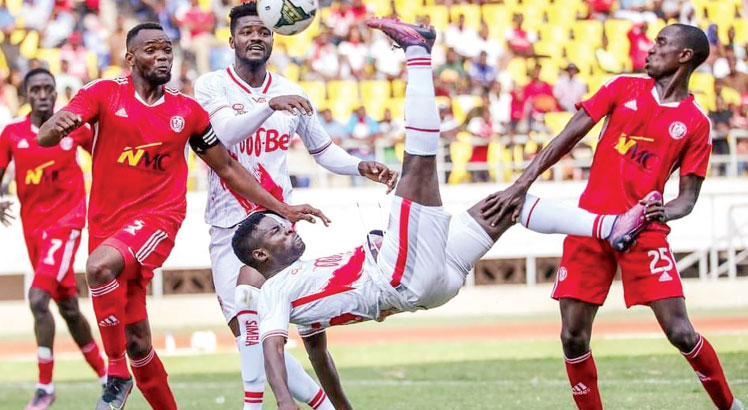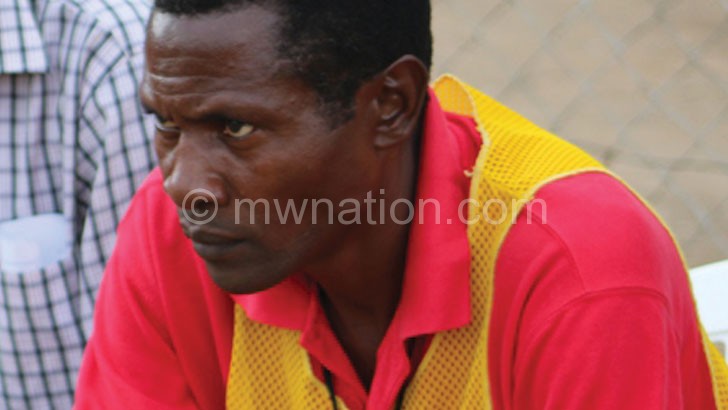MOC tips media on anti-doping reporting
The Malawi Olympic Committee (MOC) has warned media institutions in the country that irresponsible reporting on doping cases of athletes can result into lawsuits translating into millions of kwachas in damages.
MOC has since organised an orientation course for media houses in the country on anti-doping reporting in order to protect local media institutions from lawsuits.
In an exclusive with The Nation in Lilongwe during the week, MOC president Oscar Kanjala said journalists need to be aware on how they can report on anti-doping stories involving athletes because legal limitations involved.
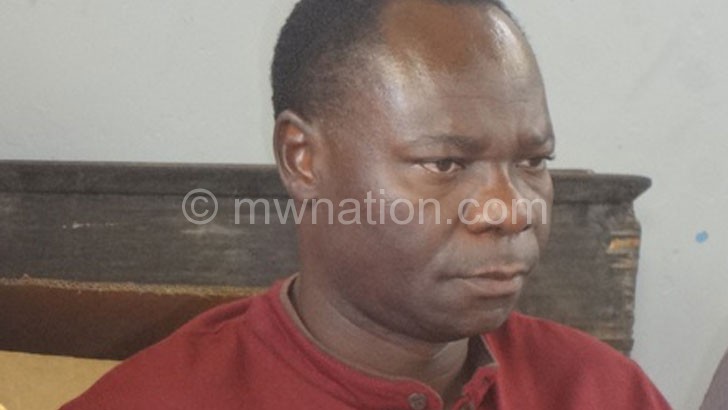
cases is sensitive
“Reporting on doping cases involving athletes is a very sensitive matter and it is important that reporters get a special training on this subject. MOC is currently organising training workshop to equip the media with knowledge on how they can effectively report on doping cases without incurring lawsuits,” said Kanjala.
He gave examples of how some companies and media institutions paid millions of US dollars in damages to cyclist Lance Armstrong before it was proved that he was a cheat.
“There is also an example of South African athlete Caster Semenya who won huge sums in legal battles because of irresponsible reporting. We don’t need our local media to be in such situations hence the need for this important training,” said Kanjala.
FAM vice president James Mwenda, who is Malawi Anti-Doping chairperson, concurred with MOC on the need for local media institutions be conversant with doping reporting.
“There is need for such a training for our journalists so that they can report accurately and responsibly of doping cases,” said Mwenda. n


